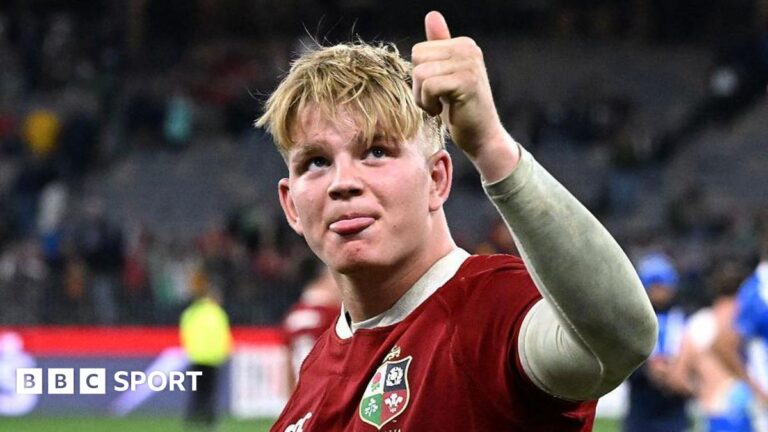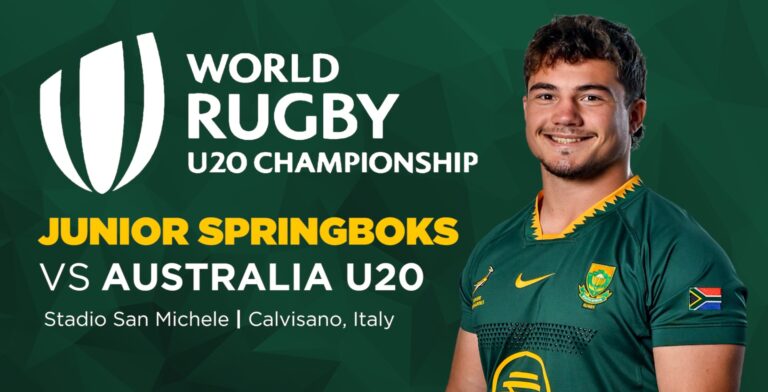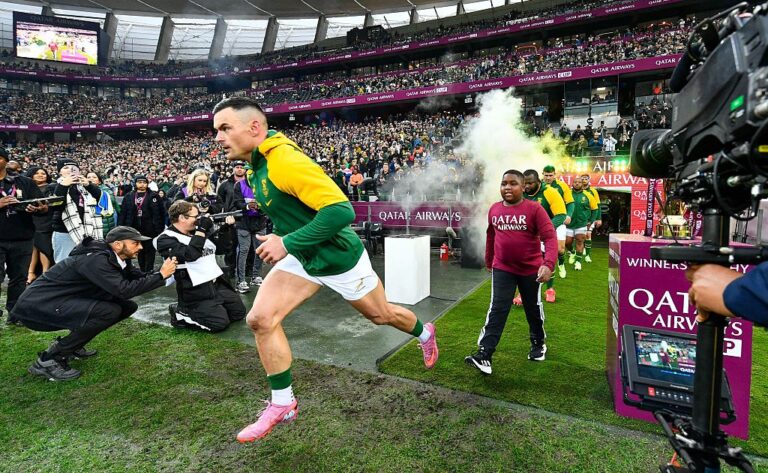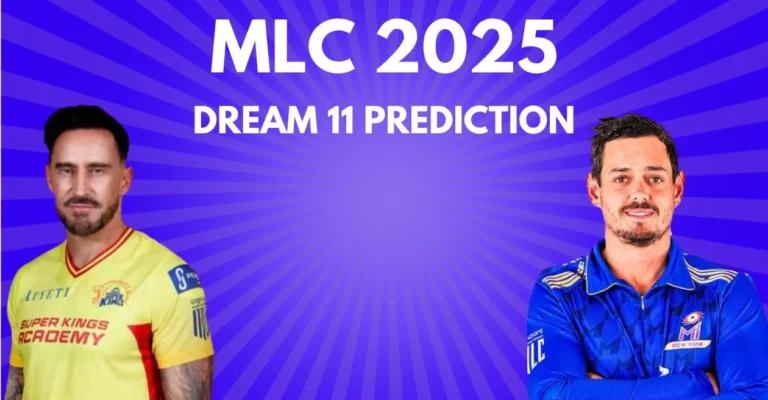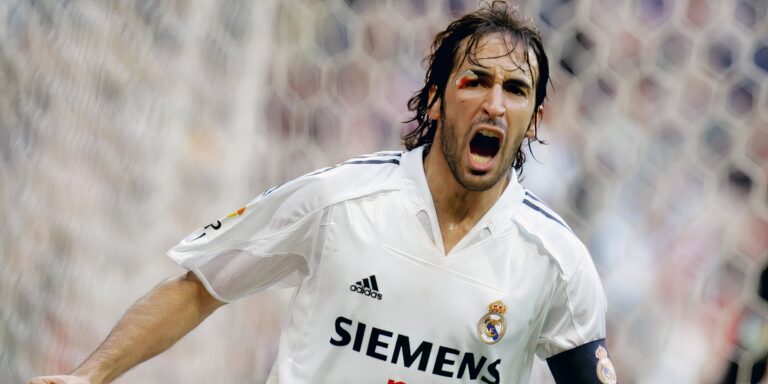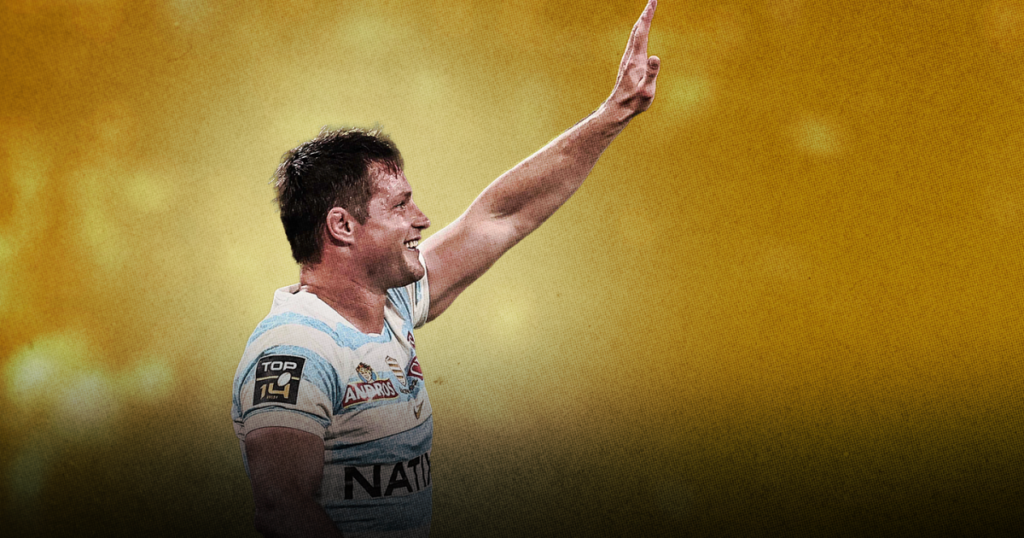
Henry Chavancy played his final match for Racing 92 on Saturday, and alongside him in the backline was Henry Arundell. The Englishman was five when the 37-year-old Chavancy made his senior appearance for Racing in March 2008.
Facebook and Blackberries were all the rage, as was a young American called Barack Obama who had dreams of becoming president later that year. Chavancy’s teammates on that day 17 years ago included Agustin Pichot and Thomas Lombard.
Saturday was also a significant day at Welford Road as Leicester saw off Sale to reach the Premiership final. It was a chance for the Tigers’ faithful to say adieu to Dan Cole and Ben Youngs after 36 years of combined service. Youngs made his Leicester debut against Bristol in April 2007 and Cole was first seen against Bath in October that year.

It’s also been the swansong season for two other stalwarts of English rugby – Alex Goode of Saracens and Harlequins’ Danny Care. The Premiership won’t seem the same next season without them.
The same at Racing where Chavancy will be sorely missed. The club has a reputation for razzamatazz; in 1990 their players emerged for the champsionship final against Agen wearing pink bow-ties, and at half-time they sipped champagne. In the 2020 Champions Cup final against Exeter Racing repeated the bow-tie gimmick but refrained from guzzling the bubbly.
They have recruited some of the world’s biggest names to Paris in the last two decades, from Pichot to Jonny Sexton, from Dan Carter to Finn Russell and from Siya Kolisi to Owen Farrell. Not all have been a success.
Henry embodied the team ethic. He was disciplined, reliable and selfless. It must have pained him to see some of the players who have turned up at Racing, pocketed piles of cash, and given little of themselves in return.
Throughout it all has been Chavancy. He wasn’t the most talented centre. He’s not particularly quick, or inventive, hence just his five caps for France, but no one can ever accuse Chavancy of shirking his responsibilities.
As befits the son of a military man (Lieutenant General Pierre Chavancy commanded a brigade of the French Foreign Legion before being appointed the military governor of Lyon) Henry embodied the team ethic. He was disciplined, reliable and selfless. It must have pained him to see some of the players who have turned up at Racing, pocketed piles of cash, and given little of themselves in return.
In an interview in 2015, Chavancy explained how the values he inherited from his father had influenced his rugby. Admitting that he had “a few technical shortcomings”, he said he relished “the solidarity and sense of responsibility that emerge from a defensive front line, where every teammate has an important role to play. We help each other so we don’t give up.”
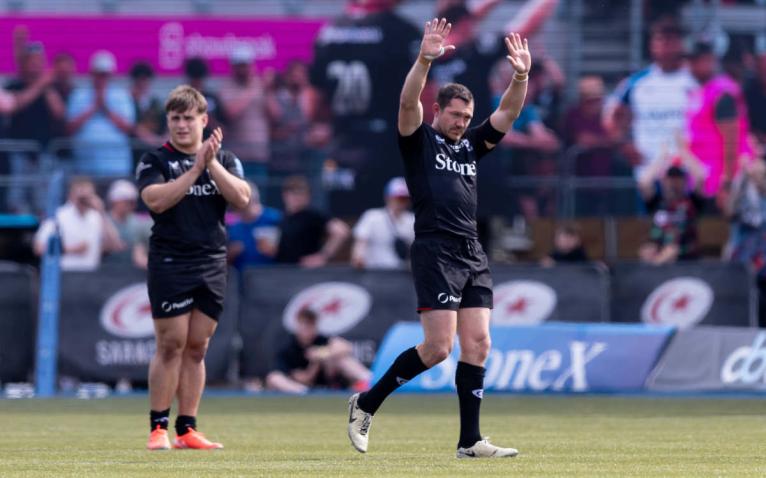
The solidarity, the camaraderie, were cited by Youngs and Cole when they announced their retirement a few weeks ago. Like Chavancy with Racing, Youngs has remained loyal to Leicester throughout his career. “It’s all I have known in club rugby, the green, red and white, and all I’ve wanted to know,” he said recently. “The idea of playing against this club wasn’t ever an option for me and so, for me to be able to finish a one-club player will be one of my greatest achievements.”
Bar a couple of brief loan spells with Nottingham and the Bedford Blues early in his career, Cole has also been a one-club player. They may be a dying breed.
In the last fortnight two new club competitions have been unveiled. One is the Rugby World Club Cup, sanctioned by the powers-that-be, and the other is R360, described as the ‘rebel league’. In an article for the Sunday Times at the weekend Stuart Barnes quoted one of the R360 organisers: “At present, there are less than five players in the world who earn more than $1million (about £740,000) a season. We will have about 40 players who will earn more than that. We want the best players in the world.”
Rugby is no sport for old men. For every Cole, Youngs and Chavancy, able to go out on their own terms in their late 30s, there is a Leon Brown, Anthony Watson and Paul Willemse, players whose careers were cut off in their prime because of serious injury.
The R360 rebel league was a hot topic at last week’s Premiership awards evening. “At some point, money probably does talk but playing for England is my main concern,” said Northampton wing Tommy Freeman, a view echoed by Ellis Genge. “I’d never want to leave England behind, but I would say 90 per cent of rugby players have to work for the rest of their lives after rugby,” said Genge. “I think if the money is that lucrative, then people have decisions to make don’t they?”
They do when increasingly rugby is no sport for old men. For every Cole, Youngs and Chavancy, able to go out on their own terms in their late 30s, there is a Leon Brown, Anthony Watson and Paul Willemse, players whose careers were cut off in their prime because of serious injury. Who can blame any player for putting money before loyalty to his club? Not Genge. “I wouldn’t hold it against them,” he said, when asked about the temptation for joining the wannabe league.
One club players have been diminishing ever since rugby went professional. Of England’s 2003 World Cup-winning XV, for example, only four – Lawrence Dallaglio, Richard Hill, Ben Kay and Martin Johnson – were members of the prestigious ‘one club’ club.

One imagines that the R360 league would love to have Henry Pollock as one of their ‘rebels’. “We’re very focused on playing for our country,” he said last week when the new competition was broached. “As Tommy [Freeman] said, it would be a lot to give that up.”
Then again, in a recent interview with the BBC Pollock said rugby needed to become more like football if the sport is ‘to get bigger’. “If you look to the football world, fans very much have their players and the personalities they like,” explained Pollock.
The same goes for top club owners, some of whom see players as commodities, cash cows to boost revenue. Rugby is probably going the same way. It’s a shame but it’s inevitable. That’s why it’s important to cherish the likes of Chavancy, Goode Cole and Youngs, who between them made nearly 1,500 appearances for their beloved clubs.
We are unlikely to see their like again, that very exclusive club of one club players.
